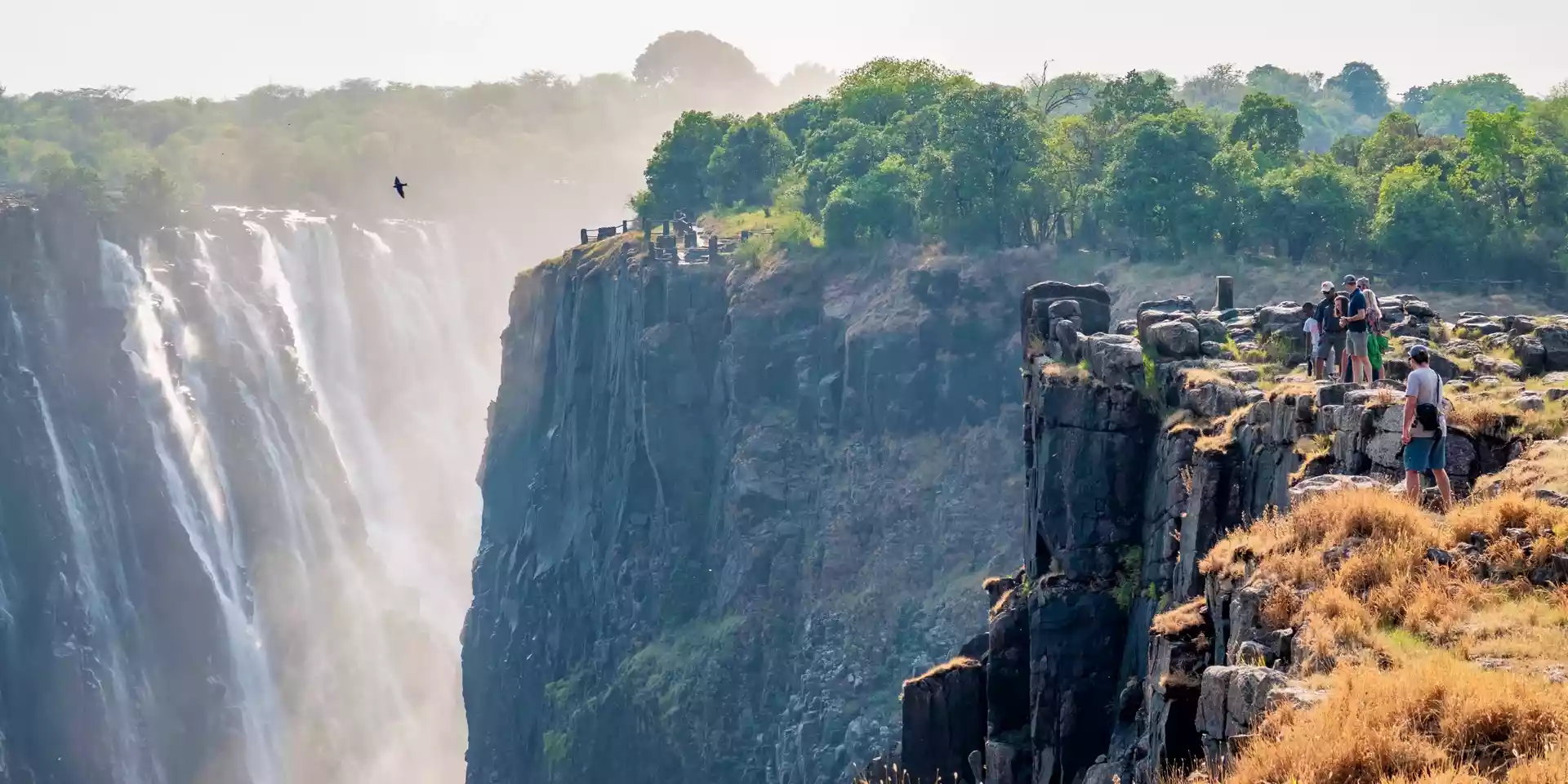
The 1990s marked a golden era for Zimbabwean tourism. Diplomatic ties with the West were warm. Visitors poured in from Europe and North America. In 1996 alone, Air Zimbabwe carried one million passengers — a milestone never repeated. By 1999, Zimbabwe welcomed 2,5 million tourists — and these were not massaged statistics — energising an economy then valued at US$9 billion. Foreign direct investment flowed in. Along Lake Kariba’s scenic eastern shoreline, blue-chip companies carved out hospitality jewels that became the pride of the nation.
ZimSun — now the Victoria Falls Stock Exchange-listed African Sun Limited — the country’s largest hotel chain, launched Katete Safari Lodge near the iconic Bumi Hills. I remember a close friend telling me Katete was fully booked on Christmas Day in 1996. Zimbabwe was booming. Dreams felt valid. A future in hospitality was not just imagined — it was attainable. And everything revolved around ZimSun.
But within just four years, that dream collapsed. The late former president Robert Mugabe gave his tacit approval to a violent land grab. Zimbabwe’s delicate international image imploded. With state-sanctioned mobs descending on white-owned commercial farms, terror reigned. Blood-letting returned to Zimbabwean soil. A new kind of war had begun — one that destroyed confidence, killed jobs and decimated entire industries.
ZimSun was among the casualties. One by one, its exclusive resorts either crumbled or were sold. The very enterprise that had once been central to Zimbabwe’s post-Independence economic rebuilding began to unravel. From around 1998, once-thriving properties such as Katete, Lake View Inn, Kariba Breezes, Fothergill, Water Wilderness, Mahenye Safari Lodge and others, either collapsed or fell into decline. Some — such as Bumi Hills Safari Lodge — were rescued by new investors and today still execute the vision for which they were established in the 1950s. But African Sun, which emerged from ZimSun’s rebranding, seems to have lost interest in these hospitality gems.
It is clear: shifts in corporate vision — sometimes unwarranted — can reduce national assets to hollow shells. The properties along Kariba’s eastern shoreline meant more than just tourism to us. As students at Mola Secondary School near Bumi Hills, we looked forward to joining these establishments after finishing school. Similarly, places such as Mahenye in south-eastern Zimbabwe were not just lodges; they were treasured parts of their communities.
By 2003, as a greenhorn business journalist, I attended a ZimSun press conference where CEO Shingi Munyeza offered a sobering dose of reality. At the launch of the ZimSun Training Centre in Harare, he dismissed official propaganda: “I read in the press that tourists are coming, but we are not seeing them in our hotels.”
He was right. The spark that dimmed Zimbabwe’s tourism flame came in 2000, when a white farmer was murdered in cold blood on his Nyamandhlovu farm. Global media descended on the country. Satellite trucks hummed. Cameras rolled. Within hours, the world had seen it: Zimbabwe had become unsafe, unstable and unrecognisable.
Still, Munyeza fought back. His aggressive African expansion strategy brought in revenue as he secured hotel management contracts in Zambia, Botswana, South Africa, Ghana and Nigeria. He even spread his skills to Equatorial Guinea. When regional conditions soured, he quickly retreated back to Zimbabwe before stepping down just over a decade ago. But the divestments resumed.
- Mavhunga puts DeMbare into Chibuku quarterfinals
- Bulls to charge into Zimbabwe gold stocks
- Ndiraya concerned as goals dry up
- Letters: How solar power is transforming African farms
Keep Reading
The decline became more visible. In 2016, African Sun — now partnered with Legacy Hotels — exited Kingdom at Beitbridge Hotel. Then, about two years ago, came the withdrawal from Kingdom at Victoria Falls Hotel. Behind the scenes, significant changes to the shareholding structure unfolded. Still, the purges continued.
Great Zimbabwe Hotel? Up for grabs. Monomotapa Hotel? Now on sale. And just last week, we awoke to another sobering press statement: Caribbea Bay Resort in Kariba is up for grabs.
Surely, those steering African Sun have a vision. Perhaps it aligns with shareholder returns or new investment strategies. Still, I can’t help but feel the deep sense of loss — the parcelling out of a national treasure into small, fragmented pieces. We are watching — helplessly — as the jewel is slowly stripped down.
Something is wrong at African Sun. And it cuts deeper than just business.






